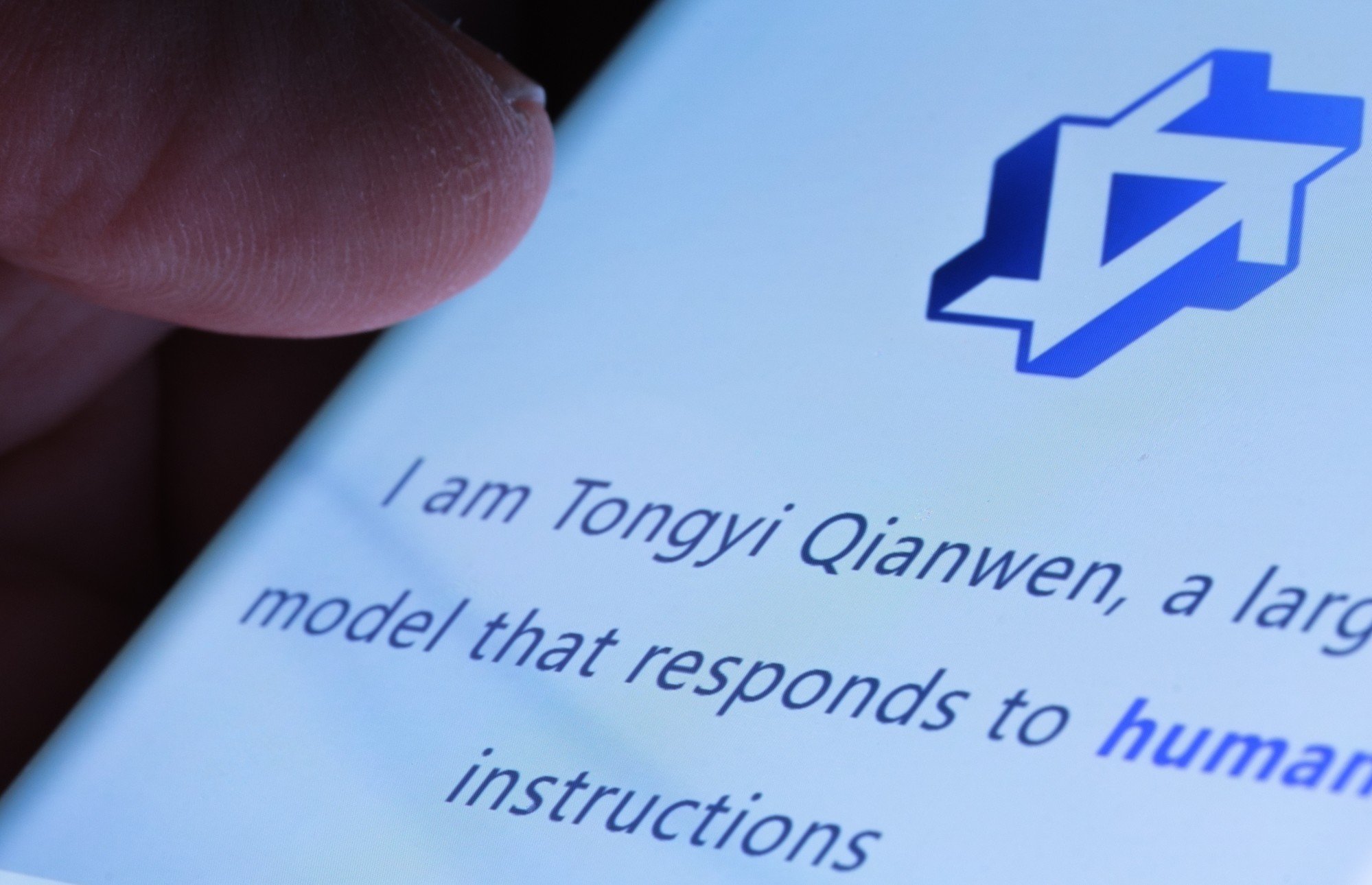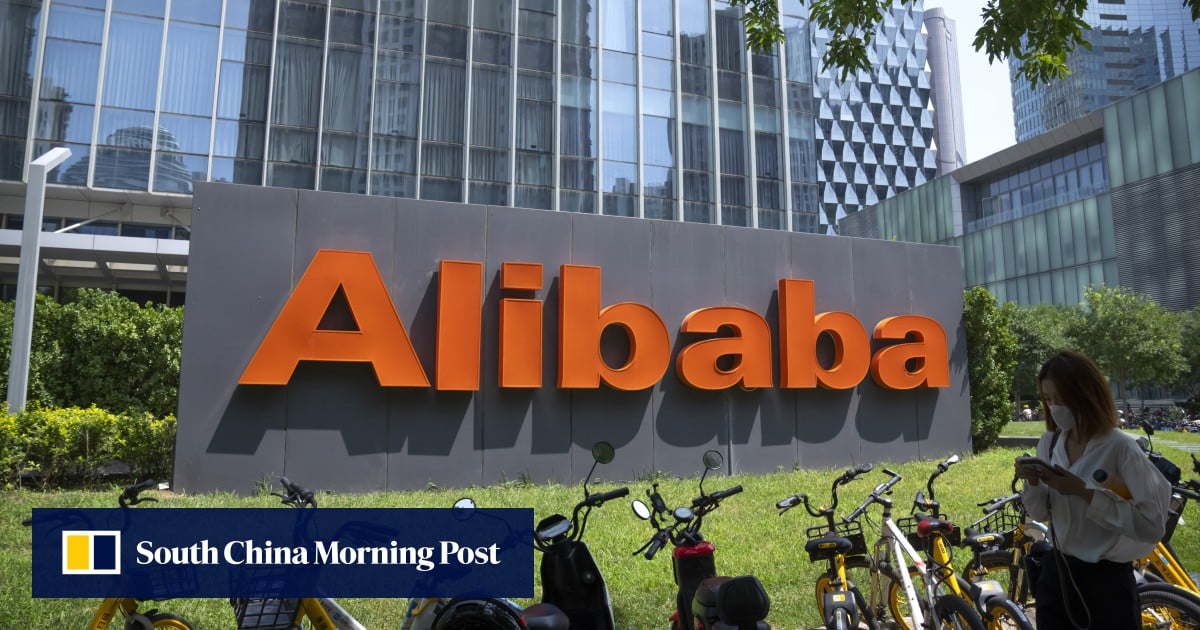Alibaba Cloud Intelligence, China’s biggest cloud computing service provider, slashed the fees for using its generative artificial intelligence (AI) models by up to 97 per cent, a salvo in a price war that comes a week after ByteDance launched a rival service that costs less than most competitors.
The price cuts apply to nine of Alibaba’s Qwen self-developed large language models (LLMs), also known as Tongyi Qianwen, said Liu Weiguang, president of public cloud business, at the firm’s AI summit in Wuhan, capital of central Hubei province, on Tuesday.
“Today, we have lowered the threshold for enterprises to use LLMs better and faster, and for industries to create LLM-powered applications in the real world,” Liu said.
The discounts offered by Alibaba, owner of the South China Morning Post, come as Big Tech companies on the mainland race to draw users to their respective LLMs, the technology that underpins ChatGPT and other generative AI services. More than 200 LLMs have been introduced in China, according to government estimates.

Hours after Alibaba Cloud’s announcement, web search giant Baidu said its Ernie Speed and Ernie Lite LLMs, both launched earlier this year, are available free of charge with immediate effect.
For comparison, Alibaba Cloud’s Qwen-max, the series’ most powerful commercial model said to be capable of performance equivalent to OpenAI’s GPT-4 Turbo, now costs 0.04 yuan per 1,000 input tokens after a 67 per cent discount.
Fees for Qwen-long, a commercial model designed to process long text, have been reduced by 97 per cent to 0.0005 yuan per 1,000 input tokens.
The company is also giving out 4 million free tokens per model for each new user until June 21, while offering a seven-day free trial for its open-source Qwen 1.5-110B and Qwen 1.5-32B.

